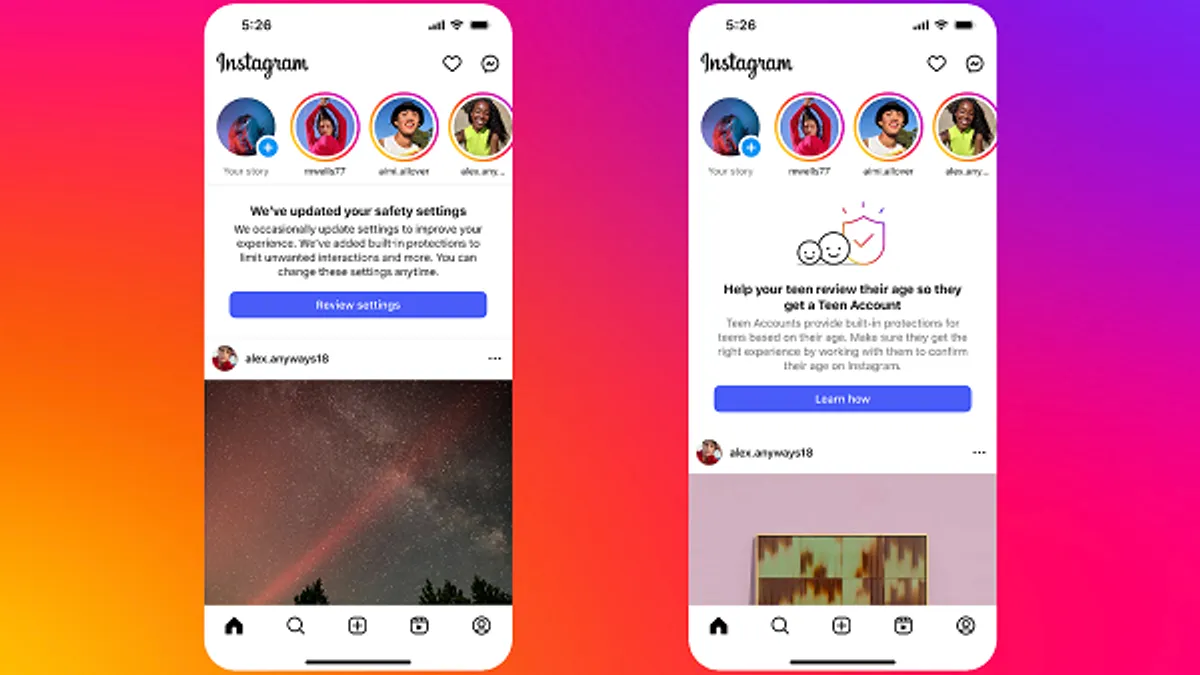Perplexity's Comet Browser to Track User Activity for Hyper-Personalized Ads
Perplexity AI CEO, Aravind Srinivas, recently announced plans for their upcoming Comet browser to track user activity both within and outside the app. This data collection aims to power "hyper-personalized" ads within the Perplexity ecosystem.
Speaking on the TBPN podcast, Srinivas explained that understanding user behavior beyond work-related queries is crucial. Knowing user purchasing habits, travel destinations, and browsing history provides a more complete picture, enabling more relevant ad targeting.
"What are the things you're buying; which hotels are you going to; which restaurants are you going to; what are you spending time browsing, tells us so much more about you," Srinivas explained.
He believes users will accept this tracking in exchange for more relevant ads displayed through Perplexity's discover feed. This strategy mirrors Google's approach, leveraging user data to fuel its advertising business.
Comet Browser Launch and Partnerships
Despite setbacks, the Comet browser is on track for a May launch. Perplexity has also partnered with Motorola to pre-install its app on Razr series phones, accessible via Moto AI. Discussions with Samsung for similar integration are also underway, according to Bloomberg.
Privacy Concerns and Industry Parallels
This data collection approach raises privacy concerns, echoing similar practices by companies like Google and Meta. While these companies utilize user data for targeted advertising, it has fueled public distrust regarding data privacy.
Srinivas's open discussion about Perplexity's tracking intentions comes as Google faces antitrust lawsuits challenging its dominance in search and advertising, including calls to divest its Chrome browser.
Both OpenAI and Perplexity have expressed interest in acquiring Chrome should Google be forced to sell, highlighting the strategic value of browser ownership in the AI-driven search and advertising landscape.







